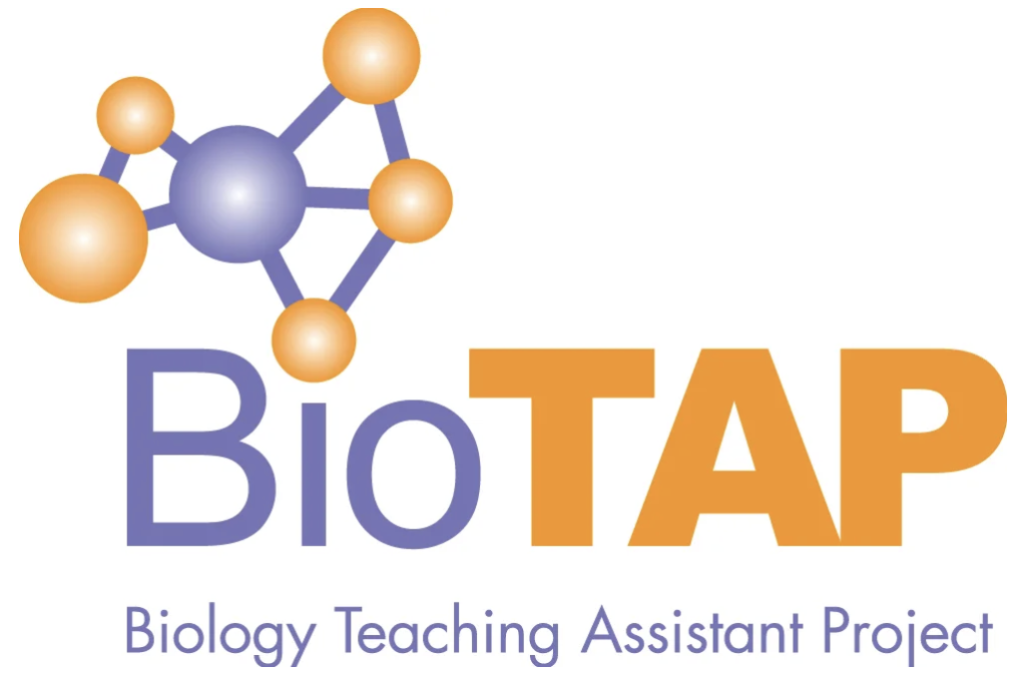In 2015, 96% of responding TPD practitioners said they offered some form of TPD to their Biology graduate teaching assistants (GTAs). But often it was short pre-semester orientations, not meaningful explorations of effective teaching practices.
BioTAP aims to help institutions, departments, and programs see the value of providing meaningful TPD to their graduate and undergraduate teachers.
Providing TAs with high-quality teaching professional development is vital for improving the quality of undergraduate education.
Teaching quality is particularly important in introductory major courses, where many students decide if they will continue in the degree program. Large lecture courses often have smaller labs/recitations led by undergraduate and graduate TAs. Often TAs have more frequent face-to-face contact with first-year science majors than science faculty.
According to a BioTAP survey, faculty/staff who lead departmental TA teaching professional development (TPD) mentor an average of 22.5 TAs per term; each of these TAs teaches an average of 43 undergraduate students. That means improving TA TPD at just 100 institutions would impact 2,250 TAs and almost 100,000 undergraduate students each term.
Better TA TPD can increase retention of undergraduates who are most likely to leave.
TAs are closer in age and life experiences to their students. They can be role models showing students how to get past their current stage as disciplinary novices, and overcome the uncertainty. In short, TAs are living examples that their students CAN succeed.
Biology TAs need meaningful, thoughtful TPD.
Biology TAs are provided little TPD to support their teaching. The quality of current and future university teaching can be improved via TPD for future faculty such as TAs. Graduate students are increasingly interested in teaching-focused academic positions, yet, support, training, and/or continuous mentoring for teaching is often not a priority in graduate programs. Undergraduates who teach learn topics more deeply, often gaining as much as the students they lead.
Institutional change is needed to support TA TPD There are several institutional barriers to improving biology TA TPD. Faculty and staff who implement TA TPD often work in isolation on these programs. A lack of research on TA TPD outcomes means that there are no uniform standards for how these programs should be conducted, leaving providers few resources to guide program development. Funding for these programs and time for TA to participate in them are often not prioritized by institutions.
Institutions can do several things to support quality TA TPD. Faculty and institutional leaders should be aware of and advocate for effective biology TA TPD. These programs are essential for undergraduate success and the professional development of graduate students. Faculty and staff who lead TA TPD need to be given the time, money and praise for their efforts, particularly for conducting research and systematic assessment of the effectiveness of their programs. This collection of data is critical to identify the most effective practices for TA TPD.
How could YOU improve TA TPD at your institution?
We have resources to share & colleagues to help you with the process.
© 2024 All rights reserved. BioTAP Network.
